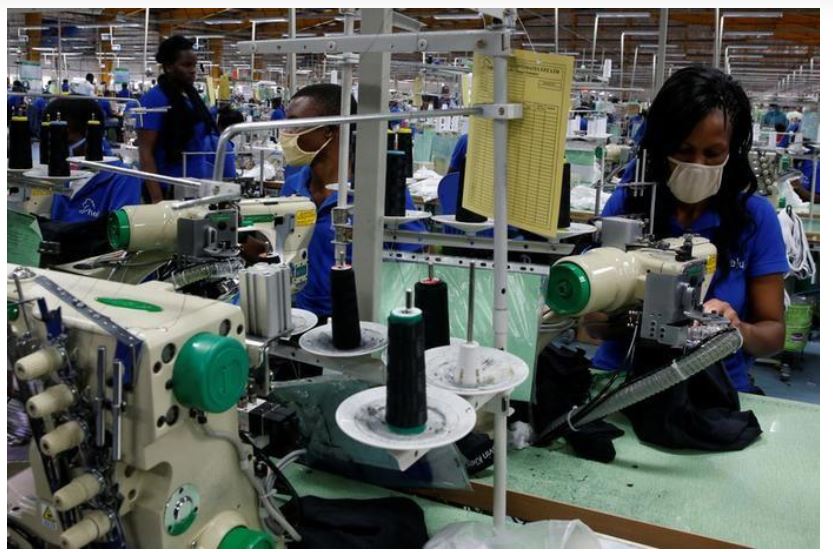The economy of sub-Saharan Africa is seen growing more slowly this year than previously forecast, largely due to weak investment and productivity, the World Bank said on Wednesday.

In a report, it forecast growth in the region to be 2.4 percent in 2017, down from the 2.6 percent that it projected in April. But growth was seen rising to 3.2 percent in 2018 and 3.5 percent in 2019, forecasts unchanged from earlier this year.
In its latest Africa Pulse report, the Bank said the region would be helped by better commodity prices. Lower prices have slowed overall growth in the resource-rich region in the last few years, cutting government revenues.
Sub-Saharan Africa’s growth was an estimated 1.3 percent in 2016, the lowest for two decades.
The Bank said the downgrade to 2017 projections was due to various conditions, including the failure of Nigeria – which has Africa’s biggest economy – to meet expectations.
“Regional per capita output growth is forecast to be negative for the second consecutive year, while investment growth remains low, and productivity growth is falling,” it said.
Nigeria escaped from its first recession in 25 years in the second quarter as oil revenues rose following the cessation of militant attacks on energy facilities in the Niger Delta that last year cut crude production by around a third.
However, the pace of growth was slow.
The Bank said Nigeria’s expected 1 percent growth in 2017 was 0.2 percentage points below the April forecast because the increase in oil production was below projections due to maintenance work. It said growth in the non-oil sector has remained subdued.
World Bank chief economist for Africa Albert Zeufack said sub-Saharan Africa’s recovery would partly be driven by Nigeria and South Africa, the continent’s second biggest economy which also exited recession in the second quarter.
Growth in South Africa is projected to rise from 0.6 percent in 2017 to 1.1 percent in 2018 and 1.7 percent in 2019. The forecast for 2019 was revised down by 0.3 percentage points.
Zeufack said the two countries need “deeper reforms” to get back to pre-2014 levels of growth and their political uncertainty needs to be reined in, adding that they make up about half of Sub-Saharan Africa’s GDP growth.
Nigeria’s President Muhammadu Buhari spent much of this year in Britain receiving treatment for an unspecified illness. And South Africa’s President Jacob Zuma in August survived a no-confidence vote in parliament that could have forced him out of office.
(Writing by Alexis Akwagyiram, Editing by Jeremy Gaunt and Toby Chopra)
